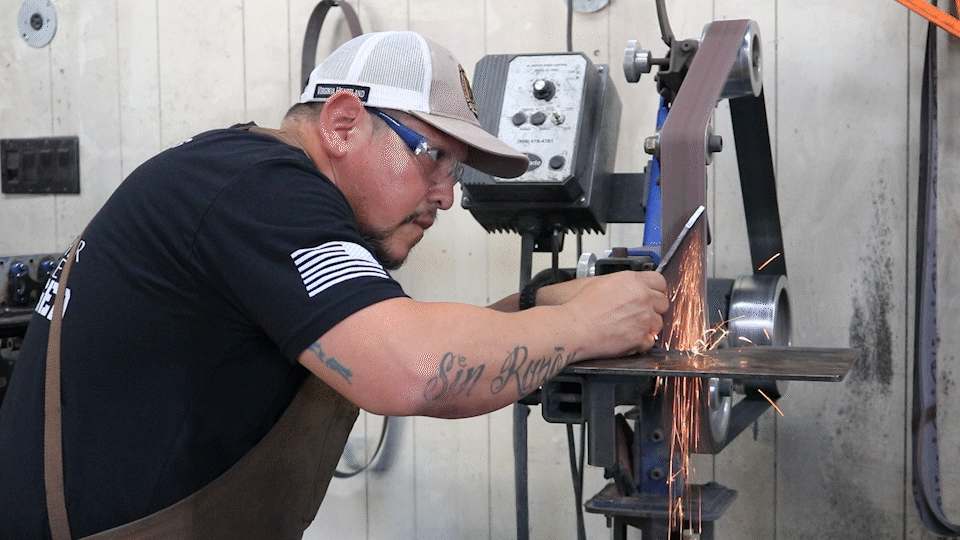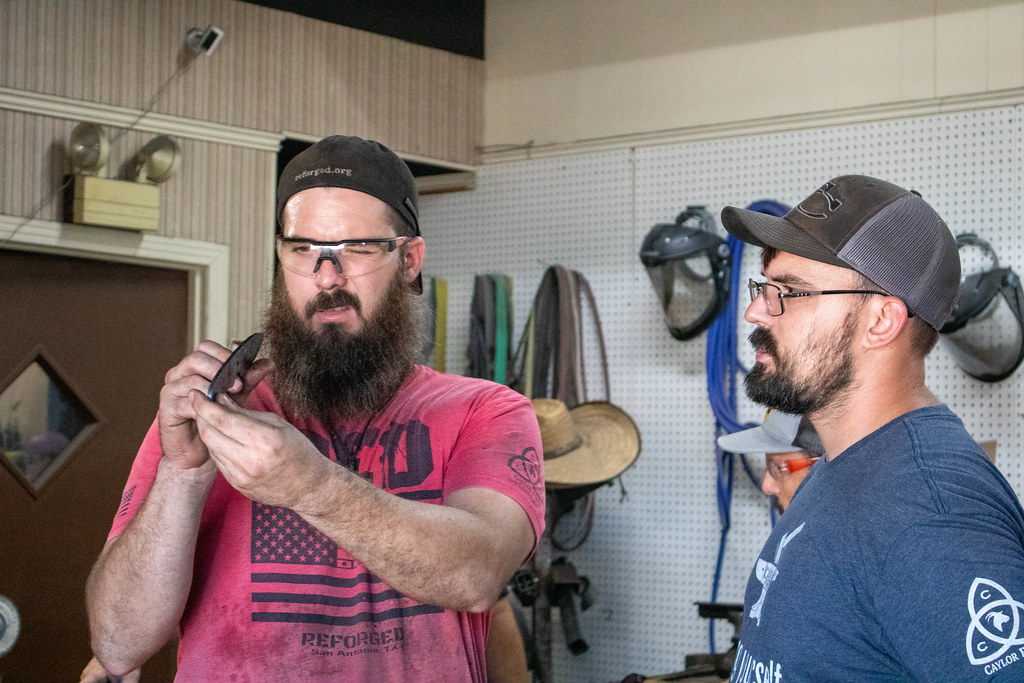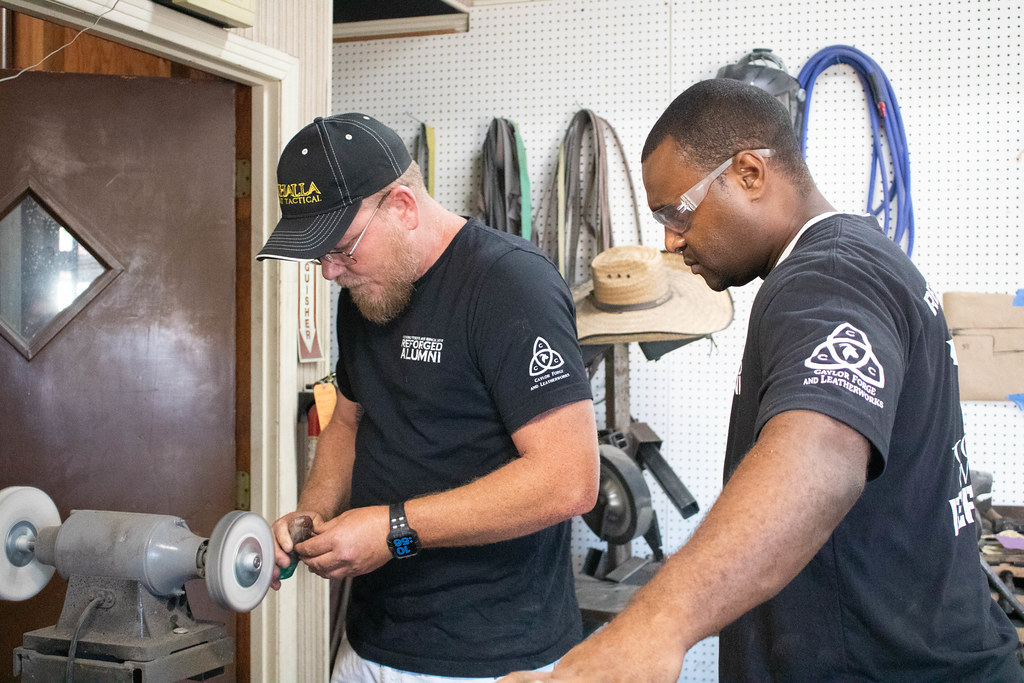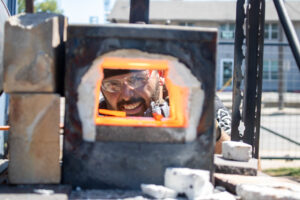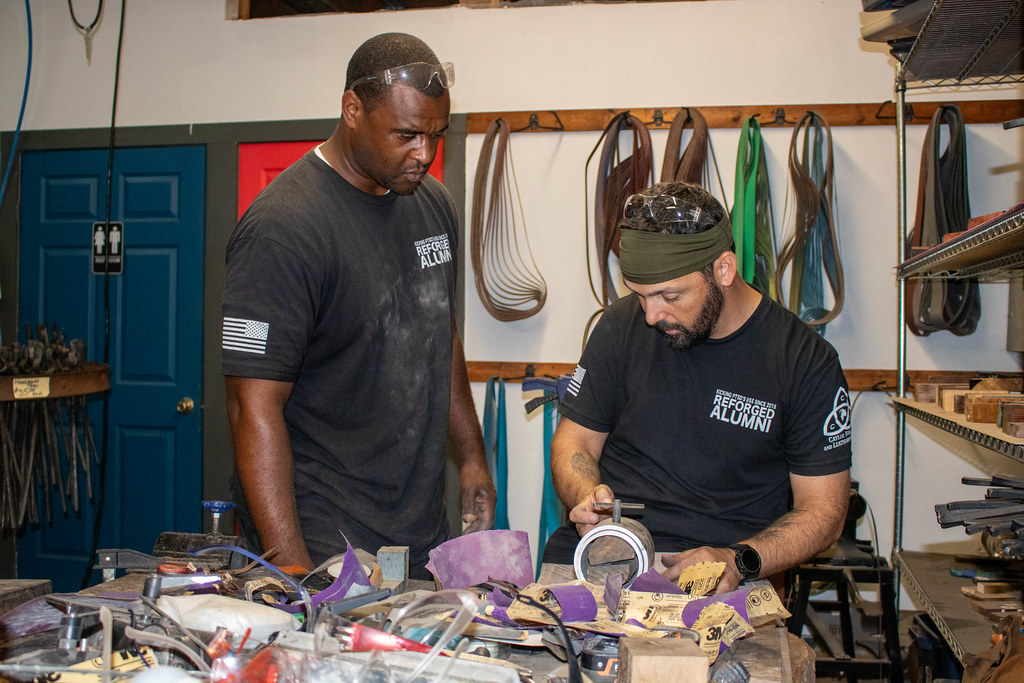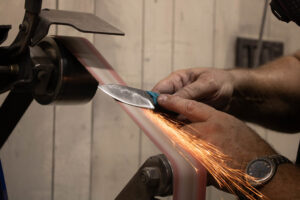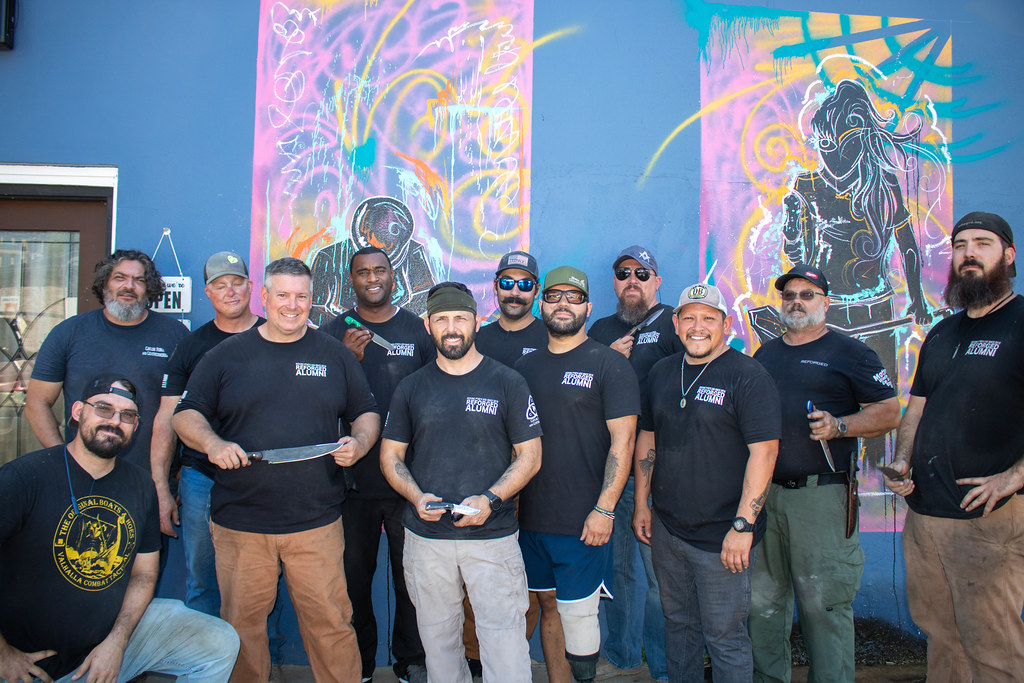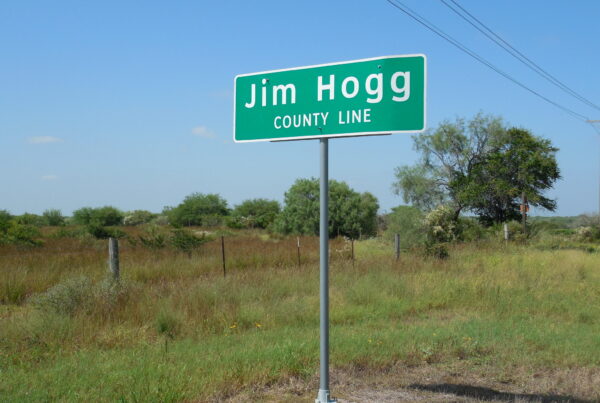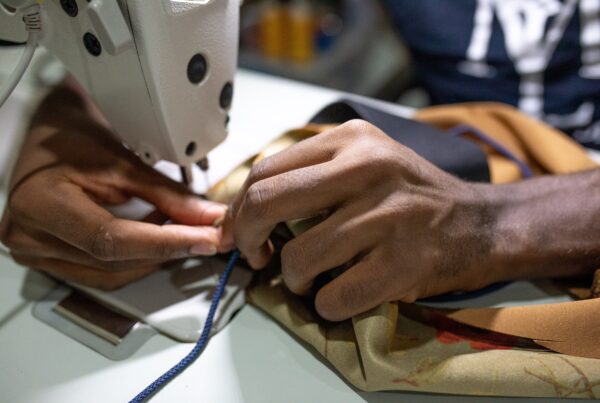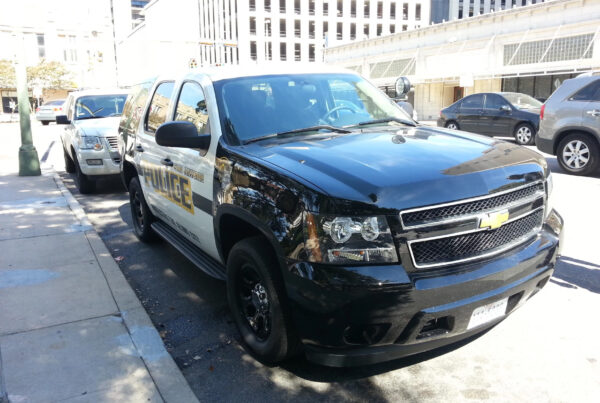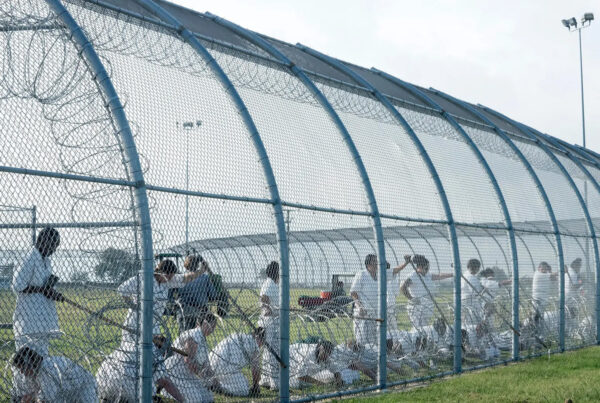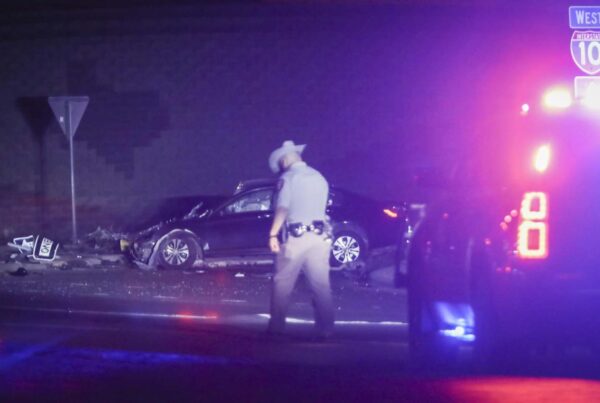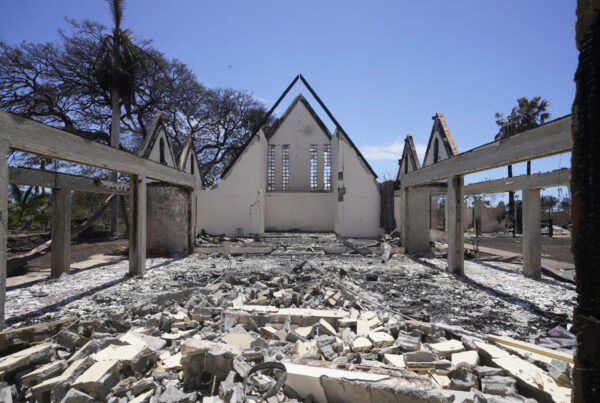This story discusses suicide. If you or a loved one needs help, call or text the Suicide and Crisis Lifeline at 988.
In San Antonio, where August days are regularly over 100 degrees, most people try to stay inside or retreat to a cool body of water to avoid the heat.
But not the folks at Reforged, who measure temperature in the thousands.
The nonprofit holds a free monthly knife-making class for veterans and first responders that comes with all the necessary materials – as well as peer support designed for a group of people who often struggle with PTSD and depression.
Lead instructor Nathan Healey said he’s heard many stories of instructors meeting a man on the verge of ending his life – until the Reforged class brought him into a community.
“They introduced him to a new set of people and friends and a support group, and it changed his life. It saved his life, and then it changed it,” Healey said. “You know, that’s the biggest, craziest thing about this, is you got these guys that are struggling, you give them a purpose and a set of friends, and then they’re renewed.”


